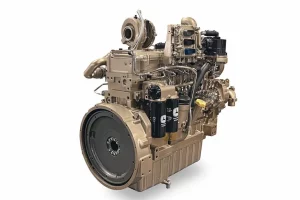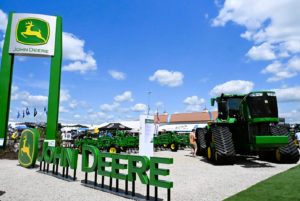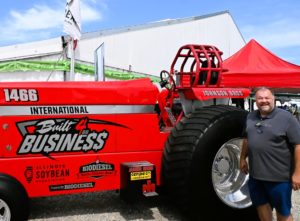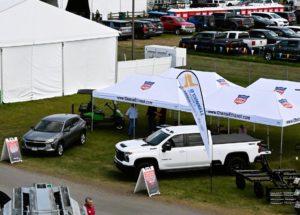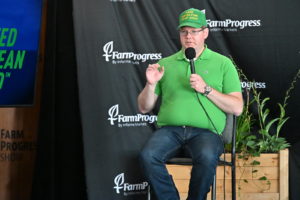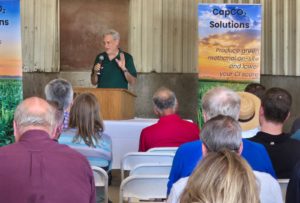The three-year effort, titled Development and Demonstration of a Low GHG Emissions Hybrid Power Module for Off-Road Vehicles, will develop and test hybrid ag vehicles powered by ethanol and ethanol-gasoline blends like E85 and E98. The work will culminate in the demonstration of a hybrid sprayer designed to reduce total cost of ownership by more than 10% while increasing functionality and lowering greenhouse gas emissions compared to today’s diesel machines.
Just last week at Farm Progress Show, Deere announced the approval of B30 biodiesel use across its entire portfolio of Tier 4 John Deere engines and said the company was exploring the use of higher ethanol blends in future engine solutions, including the development of a concept 9.0L ethanol engine that runs on E98 which was introduced last year at Agritechnica in Europe.
Deere has sent a 6.8L engine to Clemson, where it has been installed on a dynamometer. Researchers have baselined the engine on diesel combustion and are preparing for first fired operation on ethanol in the next few months. Modeling ethanol combustion through advanced computer simulations is also being done.
Thanks to corn grower contributions, Clemson was able to build out the vital subsystems—oil, coolant, fuel, intake, and exhaust—that make this Deere engine a dedicated ethanol research platform.


